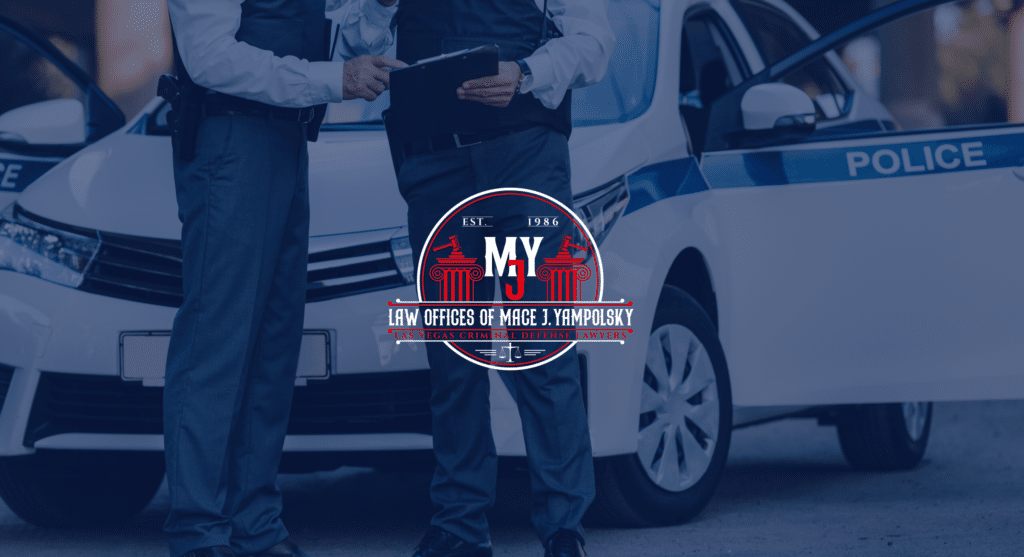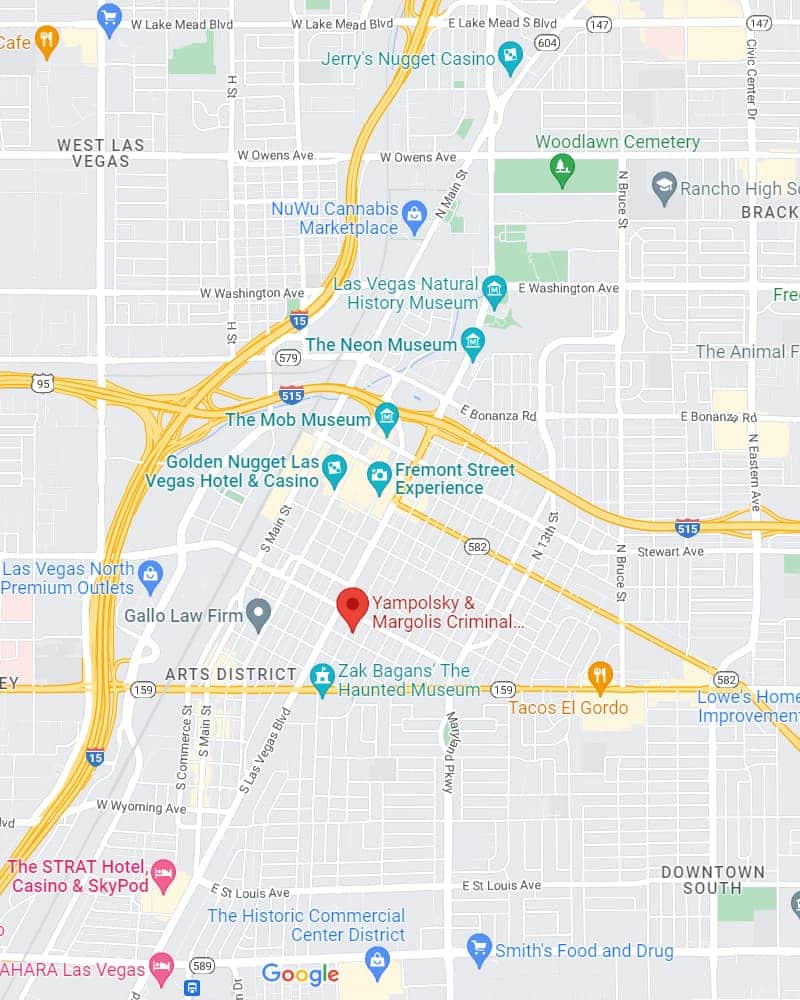If you go to trial in state court and you lose, you may file an appeal, which will either go to the Nevada Appellate Court or the Nevada Supreme Court. If it goes to the appellate court, that will be the last hearing. If you lose, that is the end of it. You can request a Supreme Court review but it’s not often given. For your case to go to the Supreme Court, it would have to be one involving life imprisonment such as murder, first degree kidnapping, or a death sentence. There are seven justices on the Nevada Supreme Court and they have what’s called a Northern Panel and a Southern Panel with three justices sitting on each.
Normally, those panels will make the final decision. However, if the conviction is affirmed, the defendant
can request an “En Banc” hearing.’ This means all seven of the justices will hear the case and rule. In most
cases, once the three-judge panel makes the determination, the Supreme Court will not rehear the case.
Nevada is in the 9th circuit, which is a federal appeals court for several states: Nevada, California, Arizona,
Montana, Washington, Hawaii and Oregon. If you have a federal case in any of those states you would try
it in the Federal District Court. If you appeal, then it goes to the 9th circuit court of appeals.
If you lose at the 9th circuit court of appeals, then you can file an appeal to the U.S. Supreme Court on
federal constitutional issues. However, U.S. Supreme Court only handles 1 in 7,000 cases. Another way
you can get to the U.S. Supreme Court is if you are convicted by the highest court of the state, such as by
the Nevada Appellate Court. You may file a ‘Writ of Certiorari’ I won a case in front of the U.S. Supreme
Court.






